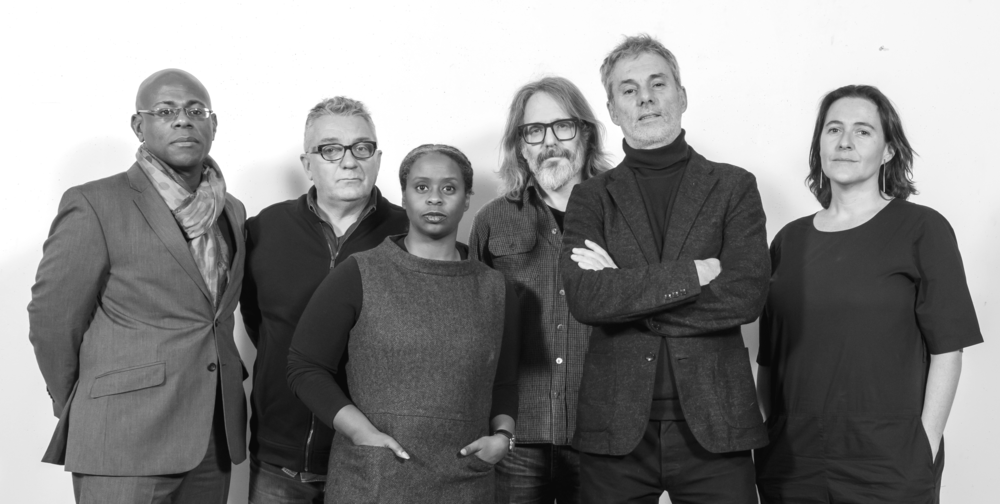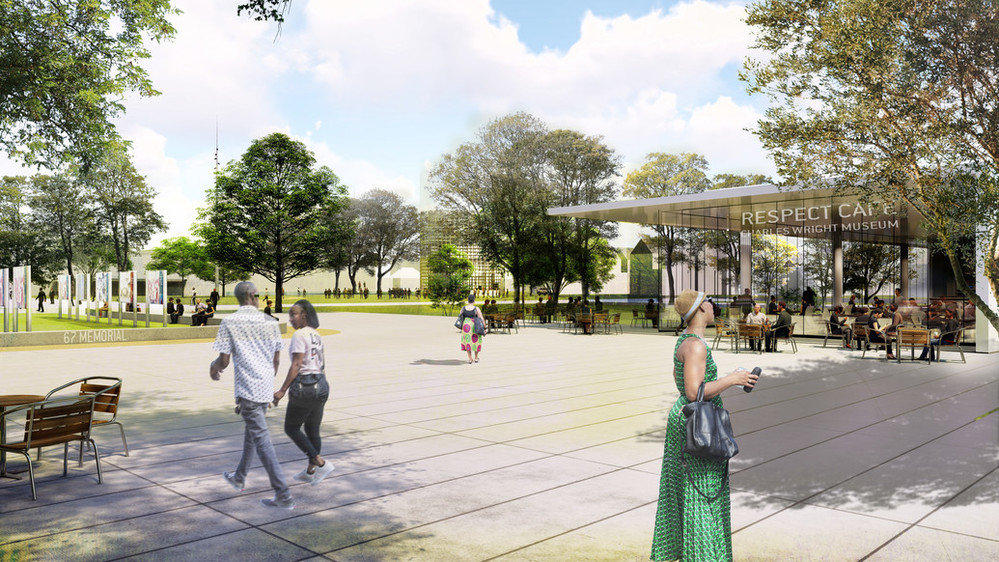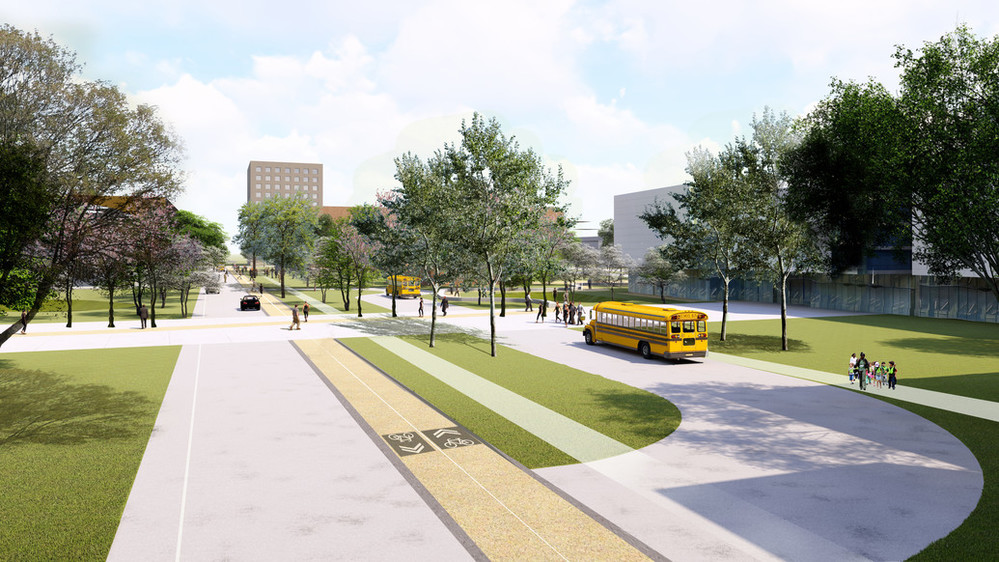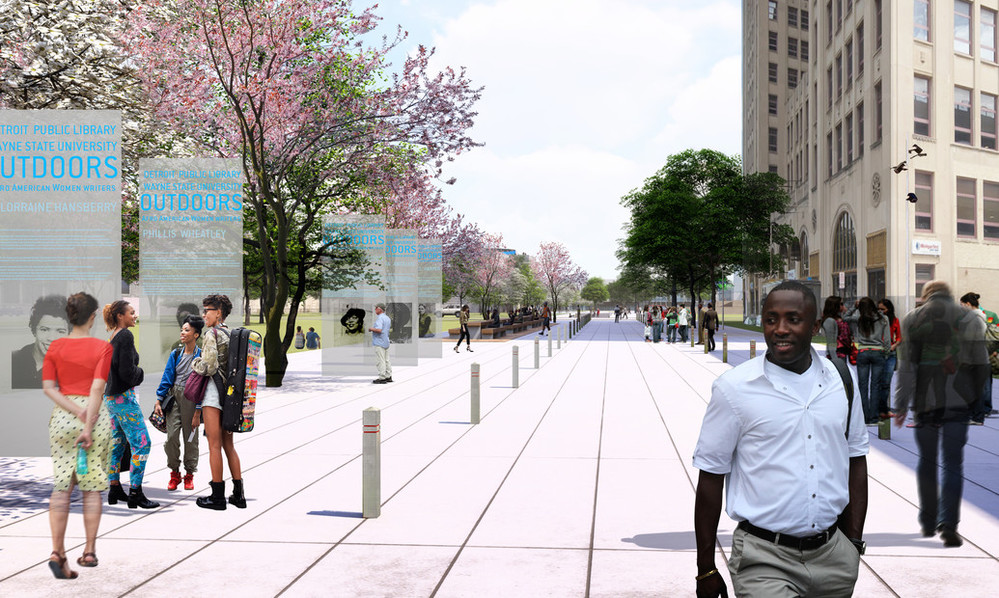Detroit’s Midtown area is known to residents and visitors alike as the cultural hub of the city—home to the Detroit Institute of Arts, the Charles H. Wright Museum of African American History, and Wayne State University, among other institutions. It also was the focus of a recent international competition that challenged designers to reimagine the area.
Now, more than 200 years after the University’s founding in Detroit, a team including three U-M faculty stood out as having the best plan. By winning the DIA Plaza/Midtown Cultural Connections competition, the team will implement its project, Detroit Square, which unites 12 cultural and educational institutions spanning 83 acres.
“It feels very good to have the confidence of the participating institutions and the city—each willing to work with us on a process that will hopefully culminate in a response calibrated to many … needs, while still retaining a sense of unity and place,” says Anya Sirota, associate professor of architecture at the Taubman College of Architecture and Urban Planning and principal of Detroit-based studio Akoaki.
The team, chosen from 44 submissions from at least 10 countries, started the first in a three-phased conceptual planning process in July and opened a project office in Detroit on Sept. 3. It is estimated to take seven to 10 years to complete.

Sirota says the team’s proposal is designed to evolve: “We’ve provided an operational diagram rather than a finished proposal, and now it needs to be adjusted with real input from all of the stakeholders and community.”

Members of the winning design team include, from left to right, Harley Etienne, urban planner and assistant professor in U-M’s Taubman College; Jean Louis Farges, principal at Akoaki; Cezanne Charles, MPS’15, co-director of rootoftwo; John Marshall, co-director of rootoftwo and associate professor in U-M’s Taubman College and Stamps School of Art & Design; Olivier Phillipe, partner at Agence Ter; and Anya Sirota, principal at Akoaki and associate professor in U-M’s Taubman College.
Team photo courtesy of ©Doug Coombe

Attached to the Charles H. Wright Museum of African American History, the Respect Café pays respect to two entities, says Harley Etienne. “One is an homage to Aretha Franklin. The other is respect to Detroiters … to respect their story and where they came from.”

The team looked at ways to create more parking, reroute traffic, and adjust speeds of cars moving through the district to promote a more pedestrian-friendly experience.

The designers’ experience and knowledge of Detroit gave them a special point of view as they developed their design. “We’ve all been working with these communities for so long, and we feel the perspectives of all the people that we’ve worked with need to be represented,” says John Marshall. “This is a once-in-a-generation opportunity, and we feel the weight of this responsibility.”




